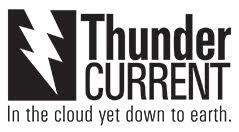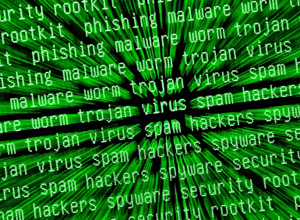Let’s face it, expensive computer repairs are not exciting, fun or make us like our IT professional more. By following these seven simple steps to secure your computer(s) from malicious attacks – while avoiding expensive repair bills!
1. Keep an up-to-date anti-virus software running at all times.
I recommend remote management for two simple reasons: 1) It detects and removes spyware and malware programs that a lot of the more well-known (and more expensive) anti-virus software programs miss, and 2) It does it for about half the price of software packages.
It also has an auto scan and update feature that will make sure your computer is running the most current protection available and regularly scanning for threats.
2. Start using an alternative web browser to Internet Explorer such as Mozilla Firefox.
Just recently, hackers have figured out a way to access and download malicious programs to your computer via a security hole in IE. What is amazing about this is that you don’t even have to click on anything or download a program to get infected. You are especially vulnerable if you have an older version of Windows such as Windows 98.
Mozilla is a completely free web browser that does not have the same security problems as IE. Many of my clients even report back that they like their Mozilla browser better than Internet Explorer. Switching from IE to Mozilla is a simple and cost-free way to add another layer of security to your computer.
3. Use an alternative e-mail program other than Outlook Express.
Outlook Express is notorious for security holes. If you don’t have the latest security updates, hackers can send you e-mails with viruses that automatically open and install themselves without you even opening or previewing the e-mail and its attachments. I recommend that you either upgrade Outlook Express to a newer, more secure version of Outlook or switch to Mozilla’s Thunderbird E-mail software.
4. Never open suspicious looking e-mails or attachments.
This goes without saying because most viruses are replicated via e-mail. If it looks suspicious, delete it immediately!
5. Stop using peer to peer file sharing sites and downloading “cute” programs.
Think of it like cyber candy. Hackers use these cute and funny programs as bait to get you to download their destructive programs. These are guaranteed ways of contracting malicious viruses, spyware, and malware. Also, peer to peer file sharing sites like KaZaa are mine fields of malicious programs. NEVER access those sites or download the programs that run them.
6. Set up a firewall.
A firewall is simply a device that acts as a buffer between you and the big, wild world of the Internet. Many users will get a DSL or cable Internet connection and plug it directly into their computer with no firewall in between.
The one thing you have to remember about the Internet is that it is a big open field. You have access to the world, but on the flip side, the world has access to YOU. Hackers have programs that automatically scan the Internet for computers connected via a cable or DSL connection without a firewall. Once they find one, they access your computer, download vicious programs, and can even use YOUR computer to send viruses to your friends and other computers, all without your knowledge or consent.
7. Backup your files every night.
Have you ever lost an hour of work on your computer due to a crash or program error? Now imagine losing all of your precious family and vacation photos, e-mails, music files, and documents. No one really thinks about losing all of the data on their computer until it actually happens. By then, it is either too late and you have lost EVERYTHING or it will take a lot of money paid to a specialist to recover your files.
I cannot stress the importance of backing up your files enough. If the files on your computer are important to you, then it is about time you got serious about protecting them by backing up every night.
The backup solution you chose will depend on the amount or size of the data you need to backup. Sometimes a simple zip drive or CD burner will do the trick. If you have a lot of data to backup, you may want to consider a tape backup system. If you want to know what is best for your specific situation, call our offices and one of our technicians will be happy to discuss the best system backup plan for you.

